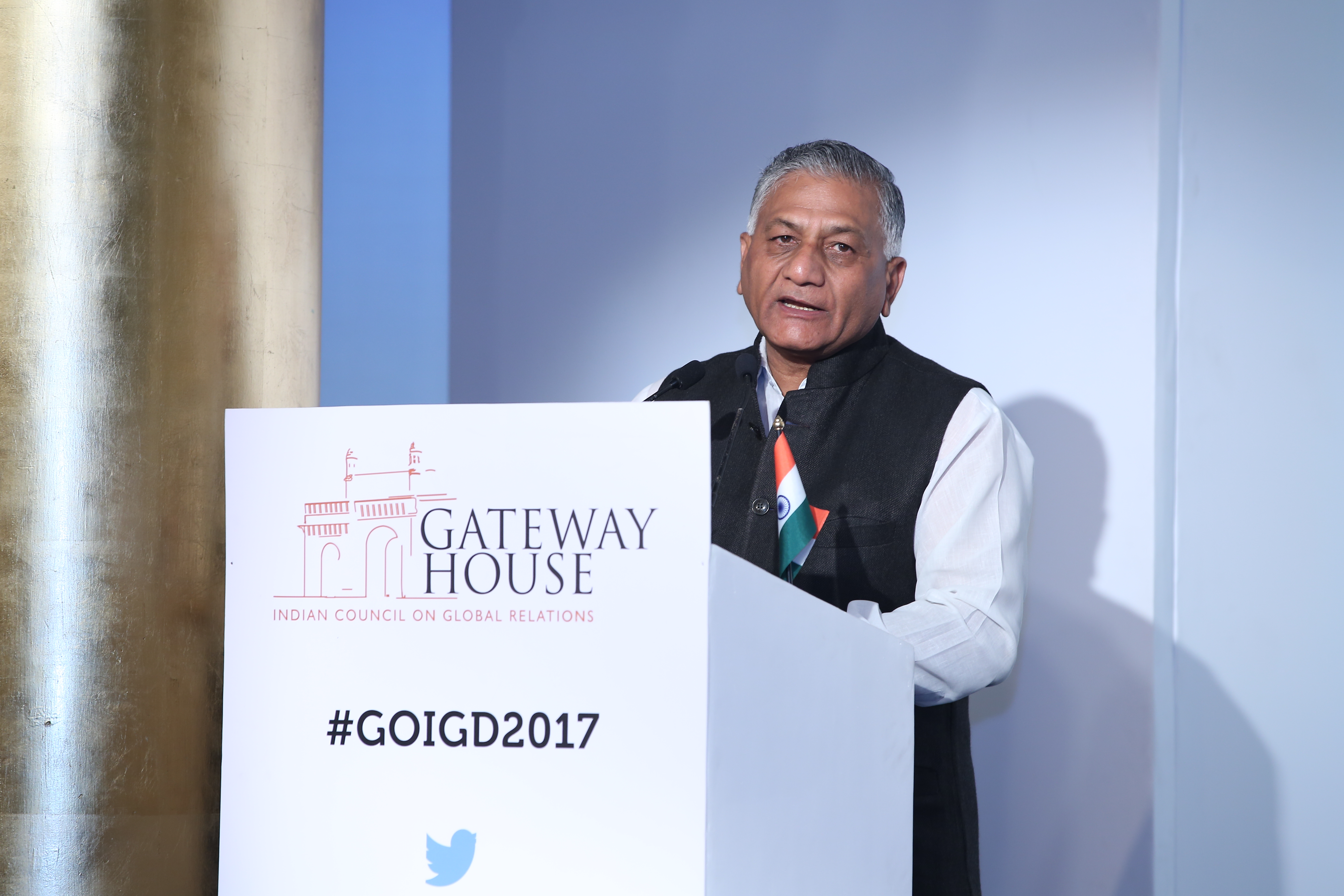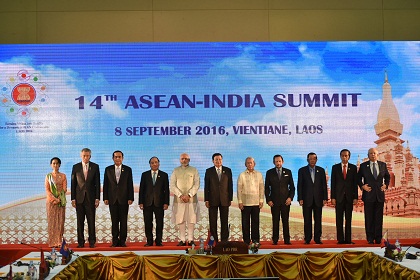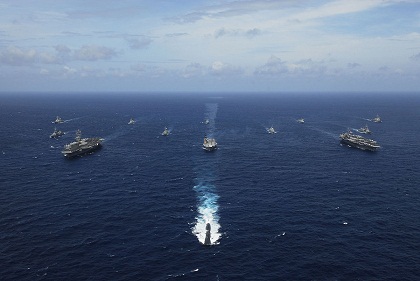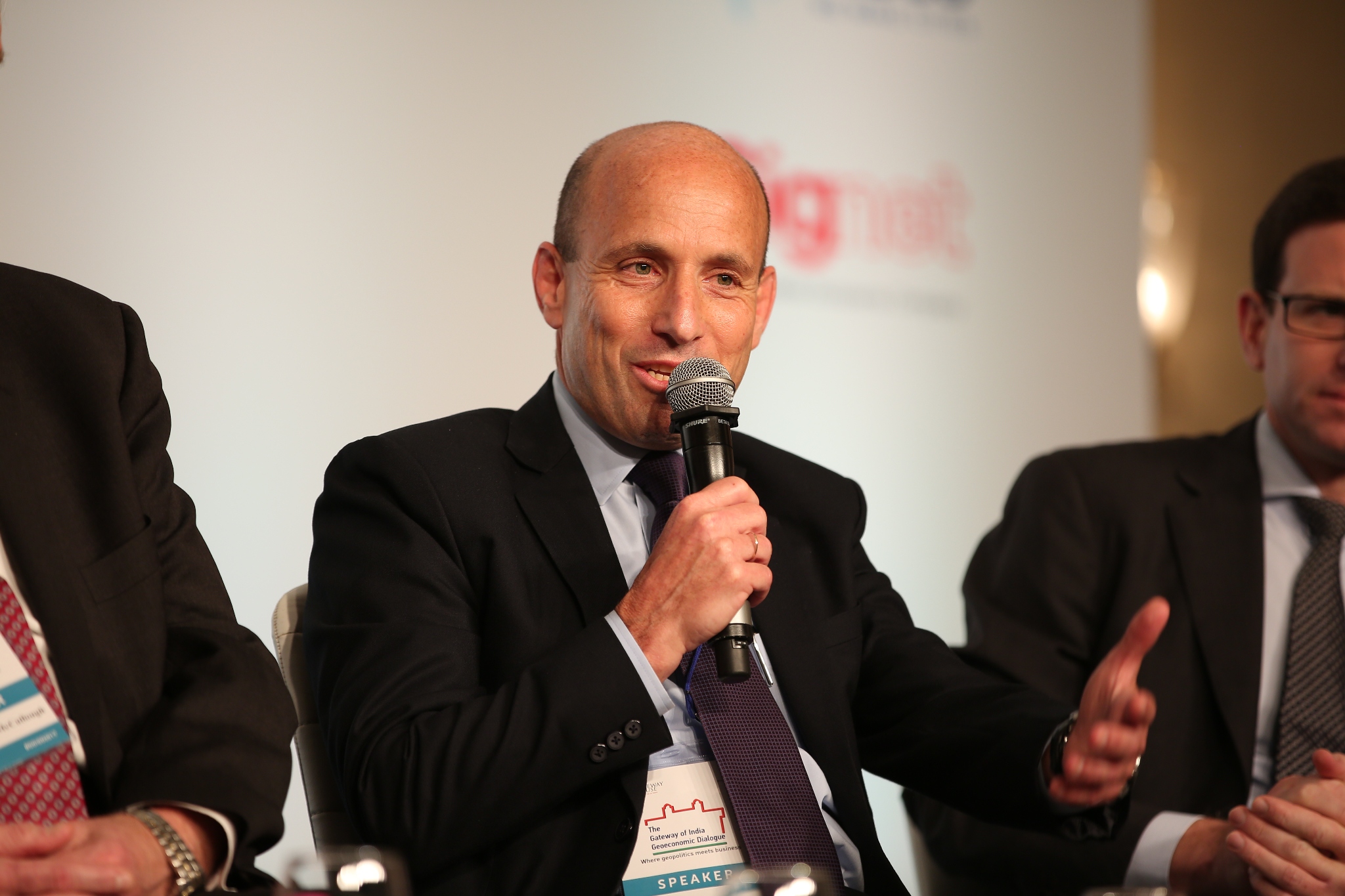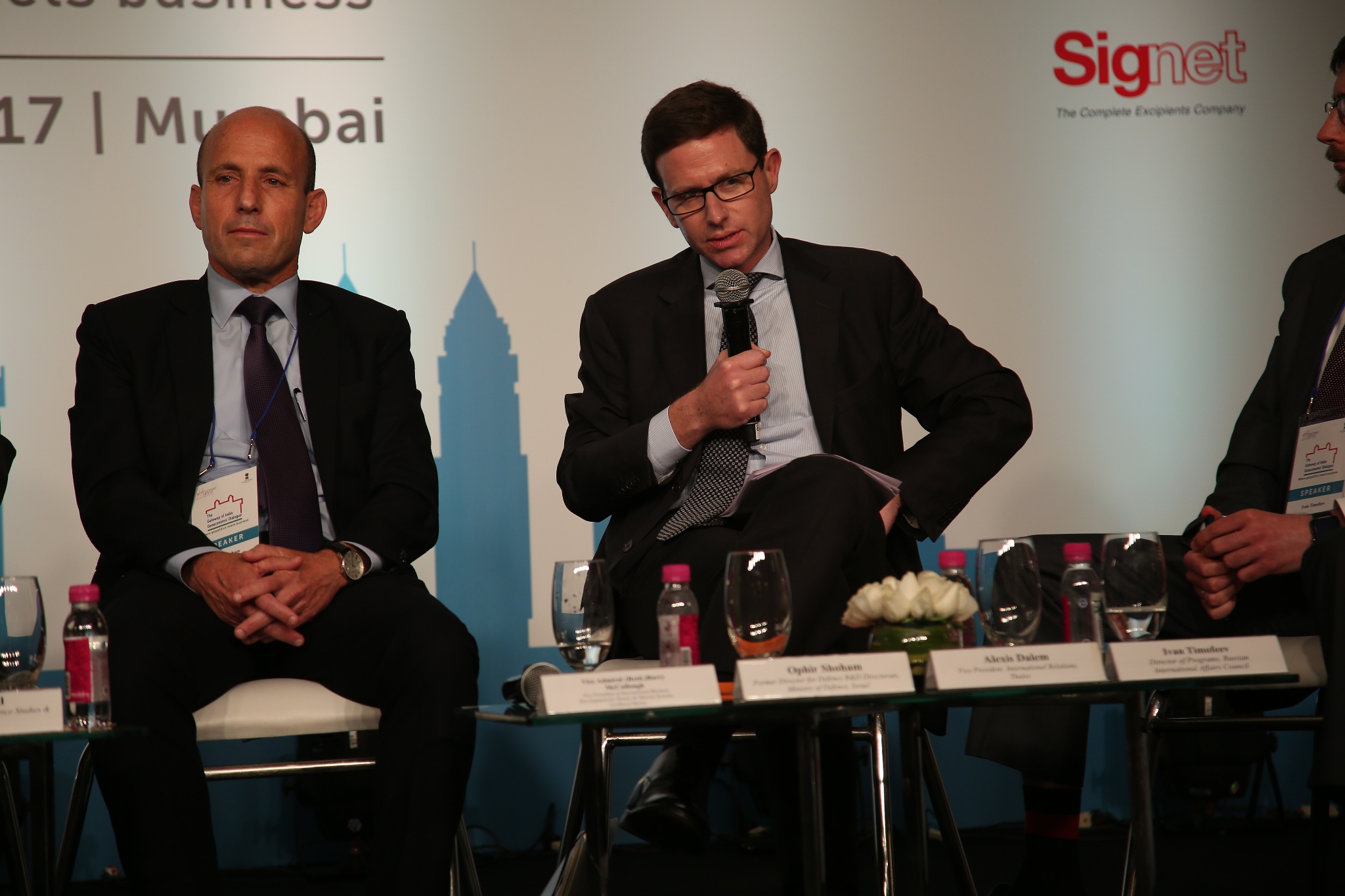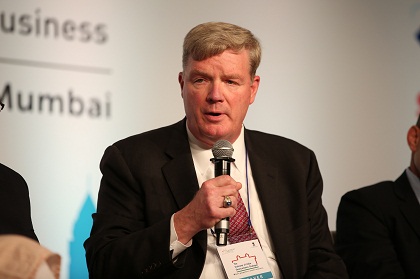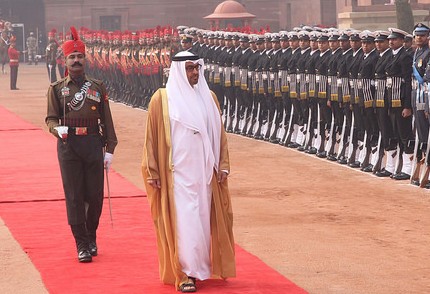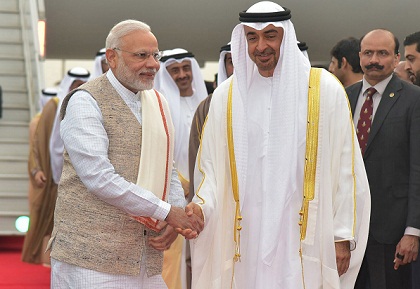GOIGD 2017: Valedictory Address by Gen. (Retd) Dr. V.K. Singh
Hon'ble Gen. (Retd) Dr. V.K. Singh, Minister of State for External Affairs, Government of India delivered the Valedictory Address on Aligning Foreign Policy with Domestic Interests at India’s second Gateway of India Geoeconomic Dialogue conference in Mumbai, organised in association with the Ministry of External Affairs. Singh speech discussed the importance of the implementation of foreign and domestic policies to further domestic economic interests.

